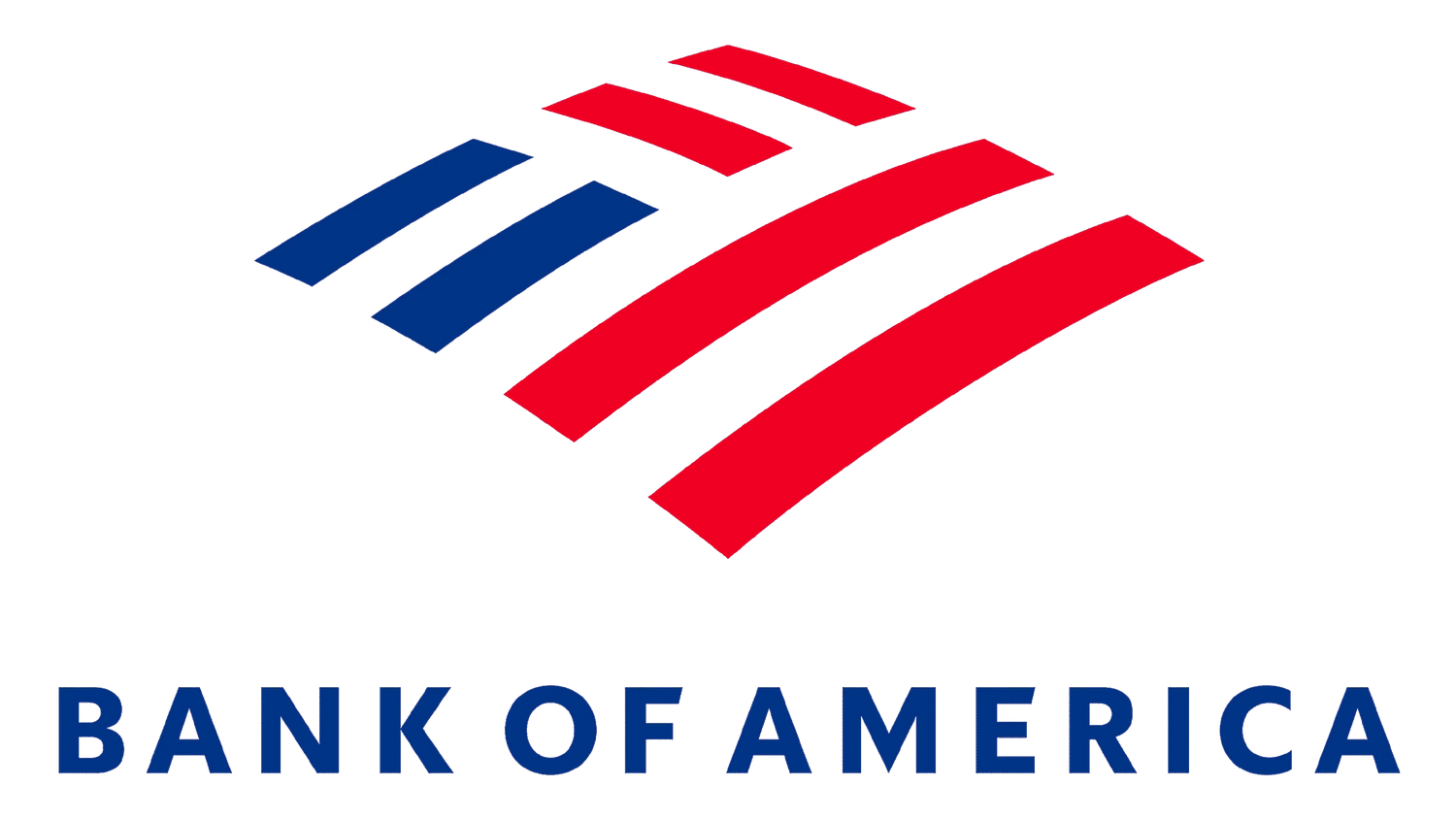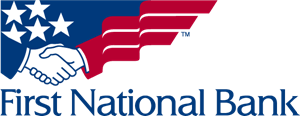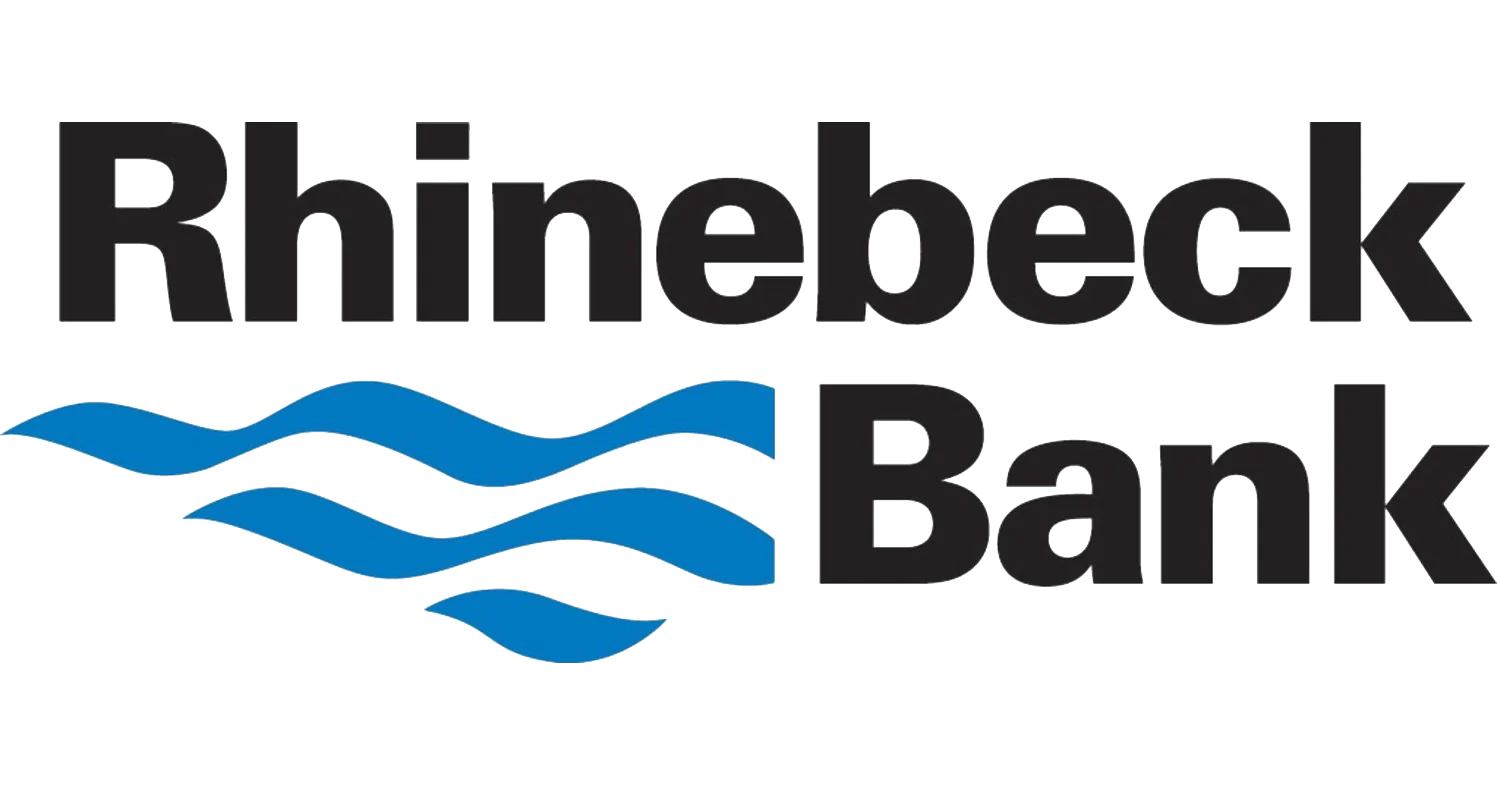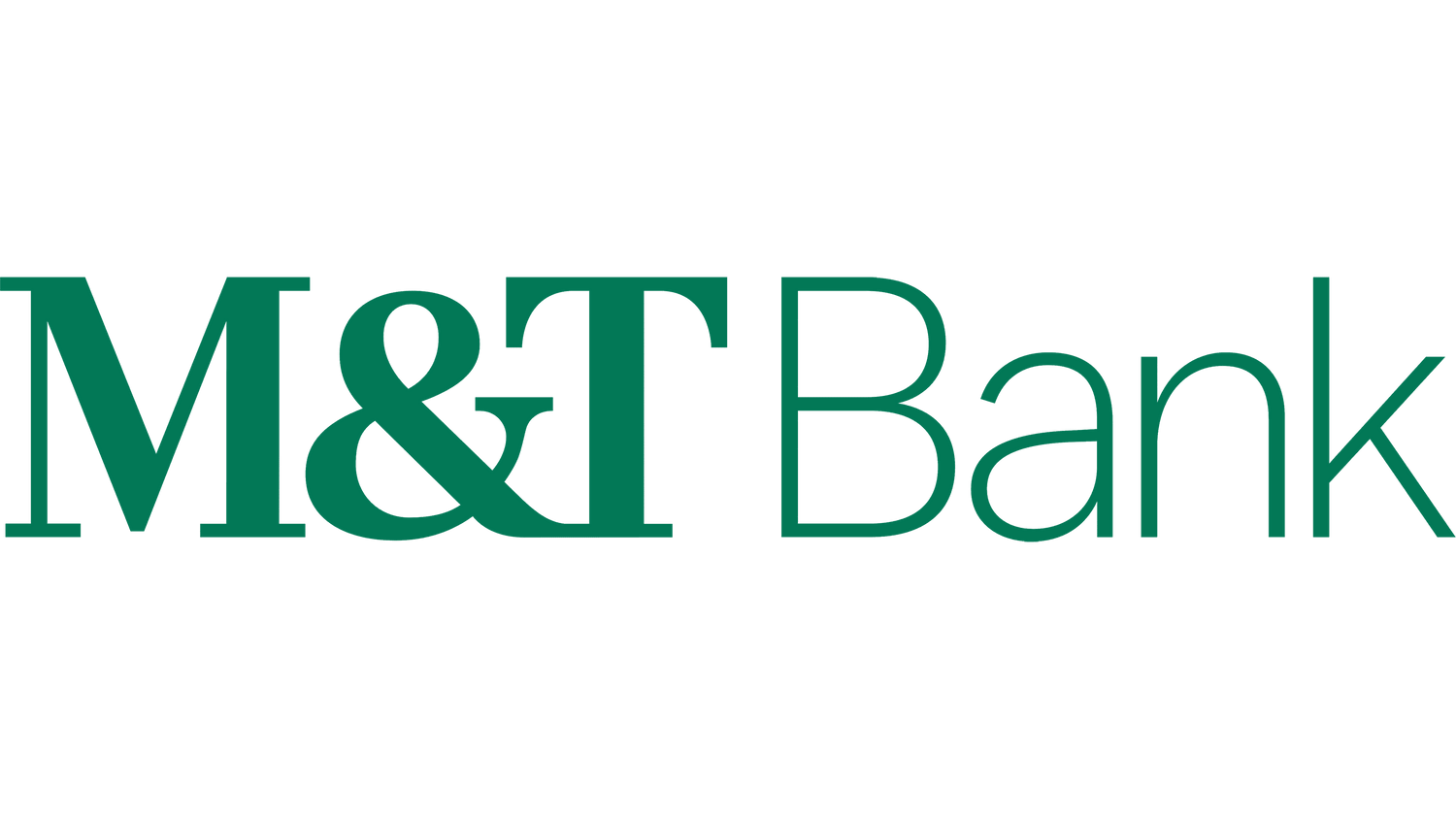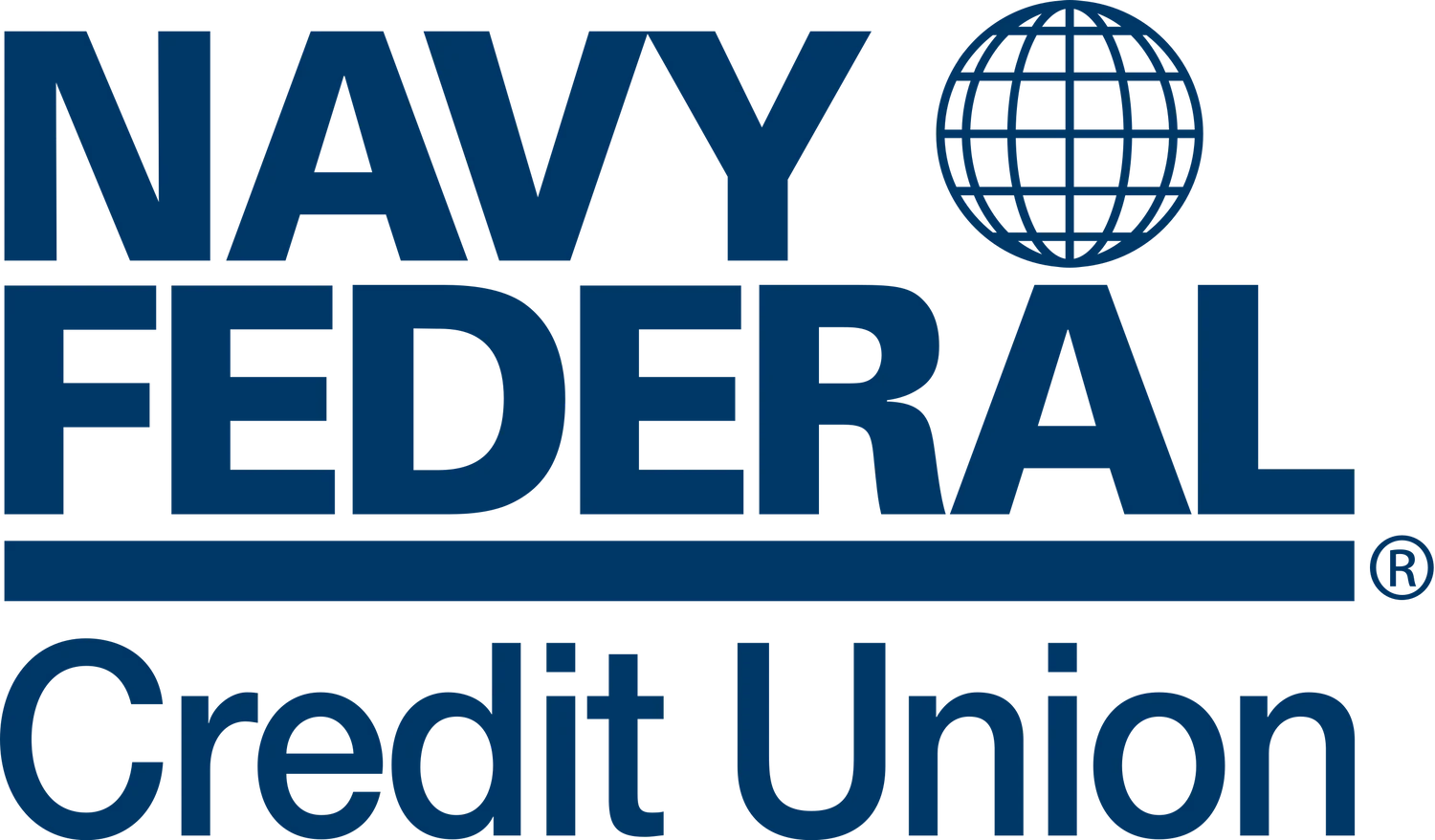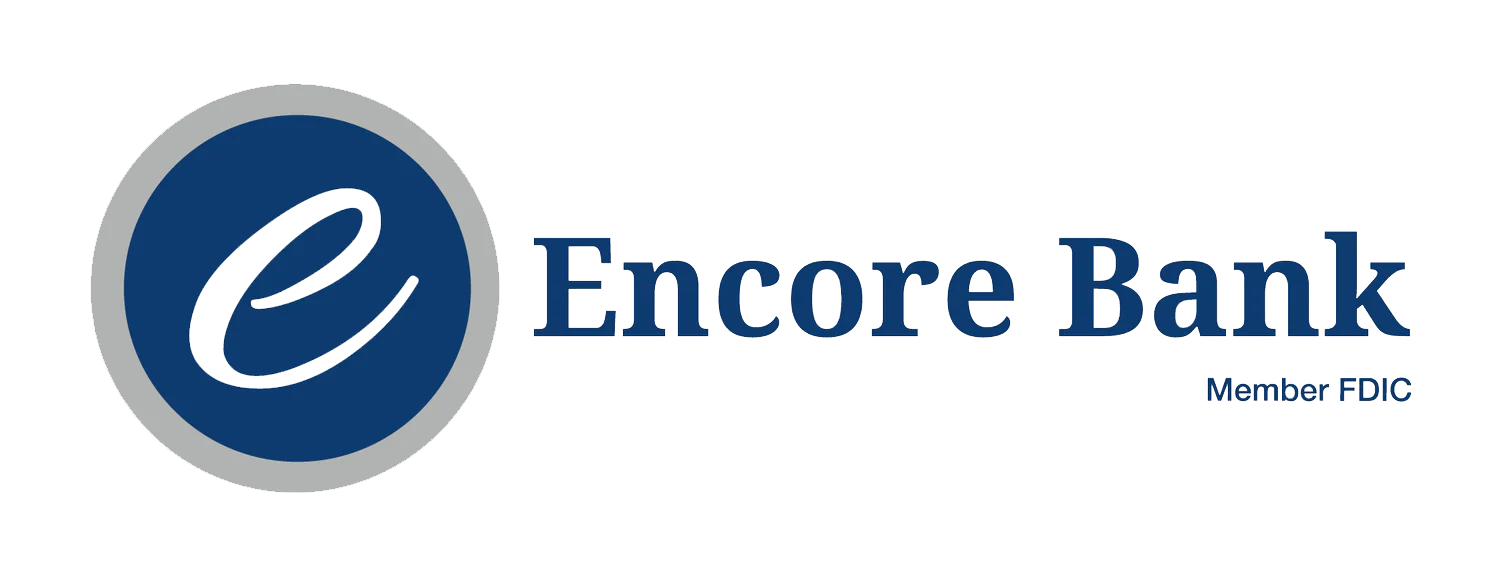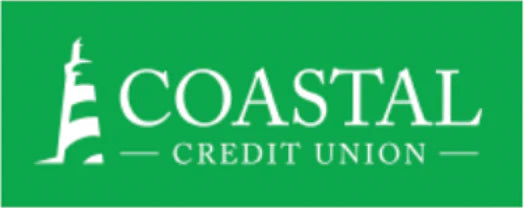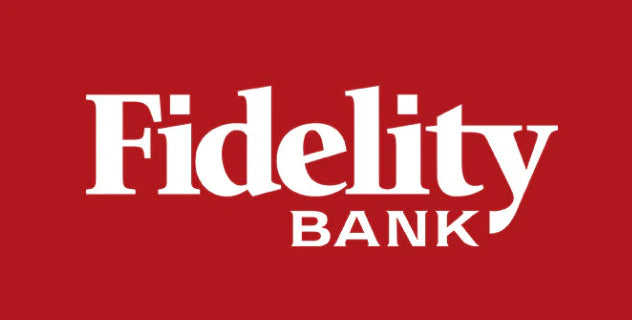Join Thousands of Professionals From Top Banks & Credit Unions
Explore Our Live Courses
Explore Courses by Topic
Timely, Relevant Training for Everyone
Whether you're growing your own skills or upskilling your team, every role deserves a tailored journey. With the largest online education catalog in financial services, BankersHub helps everyone get the training they need.
-

HR and Learning
- Stop hunting for training—save time and money with BankersHub, a one-stop resource.
- Track and report progress in real time.
- Inform and supplement in-house training with hundreds of on-demand courses.
-

Compliance
- Expert-led compliance training on BSA/AML, Reg E, Reg CC, fraud, and more - For individuals and teams.
- Immediately access training to help you or your team resolve internal audit issues with confidence.
-

New Employee
- Hit the ground running with intro to banking, compliance, and business skills sessions.
- Build your knowledge with our new onboarding packages.
-

Managers
- Advance your career or empower your team with certifications that drive growth and retention.
- Attract and grow top talent with continuing ed courses.
- Discover courses for individuals and teams across HR, legal, accounting, and other professionals.
Real Feedback from Real Banking Professionals
-

Dana Worstell, Corporate Trainer
"Taking staff through 'real life' scenarios makes for exciting training. I have heard nothing but good things from staff about this training. They wonder why all online courses aren't this fun!"
-

Cindy Turner, SVP
"Employees love it because of the real-lif situations and documents, while management loves that employees can actually practice applying procedures in a training environment."
-

AVP, Payments
"We have used BankersHub for years. The webinars cover a wide variety of current banking topics. You also have playback links in case the time of the webinar doesn't fit your schedule. Well worth the price and definitely pays for itself! Highly recommended!"
-

Chief Risk Officer
" I have purchased the membership for two years and running and LOVE it. Training subjects have been timely, and info is top notch!"


